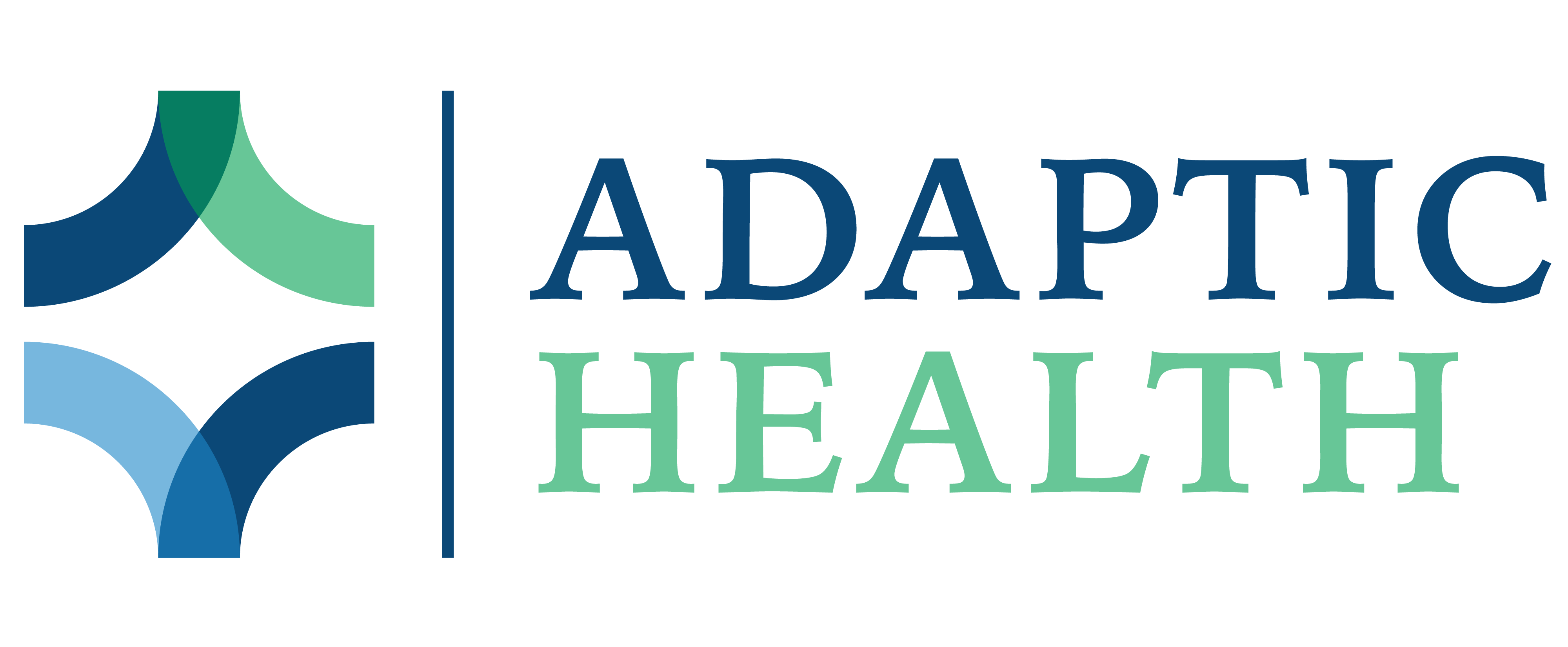Conference Agenda
18th Orphan Drugs & Rare Diseases 2022 Americas
Conference Day 1
Day 1: Tuesday - 29th November 2022
 Kathleen Coolidge, Patient Advocacy, Pulse Infoframe
Kathleen Coolidge, Patient Advocacy, Pulse Infoframe
MACRO OUTLOOK AND CURRENT TRENDS
- Impact of new innovations to patients and caregivers
What difference do these recent innovations have made to their lives?
What must be done to accelerate innovations and broaden access at the same time?
What challenges still remain to increased equity for people living with a rare disease and their families?
Moderator: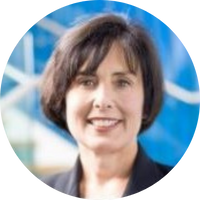 Wendy Erler, Head of Patient Experience and Insights, Alexion Pharmaceuticals, Inc.
Wendy Erler, Head of Patient Experience and Insights, Alexion Pharmaceuticals, Inc.
Panellists:
 Neena Nizar, President & Founder, The Jansens Foundation
Neena Nizar, President & Founder, The Jansens Foundation
 Tara J. Britt, Founder & President, Rare Disease Innovations Institute, Inc.
Tara J. Britt, Founder & President, Rare Disease Innovations Institute, Inc.
 Craig Martin, CEO, Global Genes, President, Rithm Health
Craig Martin, CEO, Global Genes, President, Rithm Health
- The importance of clinical trial readiness
- Value of a network approach
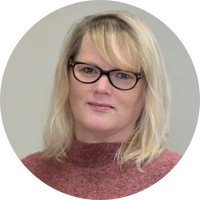 Tiina Urv, Program Director, Office of Rare Diseases Research, NCATS
Tiina Urv, Program Director, Office of Rare Diseases Research, NCATS
- What innovative changes are coming in research, clinical development, manufacturing, registrational paths, and
commercial models that will impact the rare disease community - Insights and recommendations for those preparing for their go-to-market
- Stakeholders collaboration to continue fulfilling unmet needs?
- What R&D strategies can be implemented to accelerate the market access for orphan drugs?
- Challenges in bringing orphan drugs to patients after approval
Moderator:
 Craig Martin, CEO, Global Genes
Craig Martin, CEO, Global Genes
Panelist:
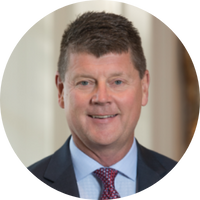 John Lagus, Executive VP Business Development, Tanner Pharma Group
John Lagus, Executive VP Business Development, Tanner Pharma Group
 Nicole Sweeny, Chief Commercial Officer, Praxis Precision Medicines
Nicole Sweeny, Chief Commercial Officer, Praxis Precision Medicines
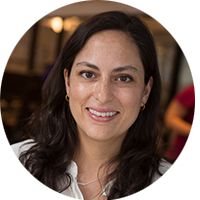 Raquel Cabo, Vice President, Global Commercial Strategy, Ovid Therapeutics
Raquel Cabo, Vice President, Global Commercial Strategy, Ovid Therapeutics
- How an EAP aligns with orphan drug development and commercialization plans
- Ethical considerations for EAPs in the Orphan Drug environment
- The role of Real World Data and how it can integrate with EAPs
- EAPs – outside traditional markets
- Practical guide to initiating a successful EAP
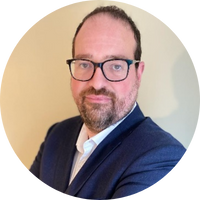 Robert Donnell, Executive Vice President, Medicines Access, Smartway Pharma
Robert Donnell, Executive Vice President, Medicines Access, Smartway Pharma
![]()
- Finding, engaging, and genetically screening patients outside of traditional academic sites can improve the patient
experience, decrease time to diagnosis, and accelerate trial enrollment for hard to find rare disease patients. - Attendees will gain insights gleaned from our most impactful genetic screening programs, implement genetic testing programs and working collaboratively with patient advocacy groups.
- Success in rare disease clinical trial enrollment and retention necessitates expanded access, more inclusive outreach strategies, and technology-driven solutions.
 Ashley Cannon, PhD, MS, CGC, Clinical Program Manager, Life Sciences, InformedDNA
Ashley Cannon, PhD, MS, CGC, Clinical Program Manager, Life Sciences, InformedDNA
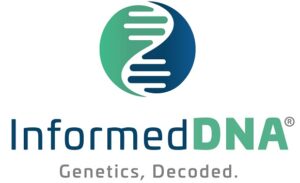
- How is this advanced therapy fundamentally changing the way rare diseases patients are treated?
- Improving clinical development by new-age clinical trial design and recruitment
An effective framework for developing the delivery system for the next generation of medicine - Making manufacturing and commercialization viable
- Unconventional payment models to ensure innovative treatment can be accessed by rare disease patients
Moderator:
 Christof Marré, Principal, CMH Consulting
Christof Marré, Principal, CMH Consulting
Panellists:
 Kelly Athman, Sr. Director, Medical Affairs, InformedDNA
Kelly Athman, Sr. Director, Medical Affairs, InformedDNA
 Monica L Weldon, President/CEO/Founder, SYNGAP1 Foundation
Monica L Weldon, President/CEO/Founder, SYNGAP1 Foundation
 May Orfali, EVP and Chief Medical Officer, Sigilon Therapeutics, Inc.
May Orfali, EVP and Chief Medical Officer, Sigilon Therapeutics, Inc.
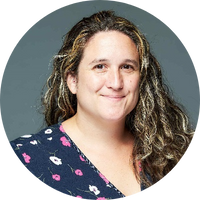 Jennifer McNary, Exec. Director, Head, Patient Advocacy & Engagement, Fulcrum Therapeutics
Jennifer McNary, Exec. Director, Head, Patient Advocacy & Engagement, Fulcrum Therapeutics
DISCOVERY & INNOVATION
- LHON, a rare disease
- Lumevoq clinical development and regulatory pathways
- Main results of the pivotal studies
- Key learnings
 Magali Taiel, Chief Medical Officer, GenSight-Biologics
Magali Taiel, Chief Medical Officer, GenSight-Biologics
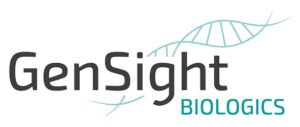
- How allogeneic cell therapy can be a transformative treatment for rare diseases as well as for more prevalent diseases like Type 1 Diabetes
- How to predict in pre-clinical studies an allogeneic environment
- What are the lessons from the first Human studies in Hem A with allogeneic cell therapy
- What are the main challenges
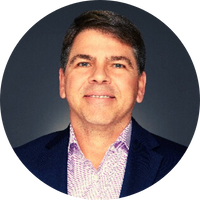 Rogerio Vivaldi, President, CEO, Sigilon Therapeutics Inc.
Rogerio Vivaldi, President, CEO, Sigilon Therapeutics Inc.
- In vivo phenotypic screens identify therapeutic targets underlying common pathological problems in
neurological disorders - Neurotrauma-related degeneration causes excitation/inhibition imbalance in spared nervous system tissue, but
- KCC2-enhancing therapies can restore lost functions
- KCC2-enhancing treatments are promising orphan drugs for rare neurological disorders involving
excitation/inhibition imbalance and neuronal circuit disinhibition in the CNS
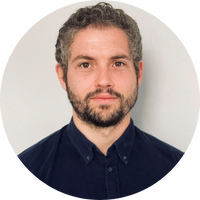 Shane Hegarty, Chief Scientific Officer & Co-Founder, AXONIS Therapeutics, Inc.
Shane Hegarty, Chief Scientific Officer & Co-Founder, AXONIS Therapeutics, Inc.
- High sensitivity digital endpoints can provide unique disease insights
- Regulators accept clinically meaningful digital endpoints for drug approval, when captured with valid and
suitable technology - Health authority qualified digital endpoints can revolutionize pivotal trial design and post-approval disease
monitoring
 Paul Strijbos, Advanced Neurotechnology Innovation Leader, Roche
Paul Strijbos, Advanced Neurotechnology Innovation Leader, Roche
- Challenges
- Opportunities
- Partnership – Patient Advocacy/Research community/Physician community
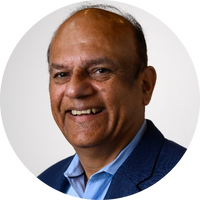 Sanjeev Luther, President, CEO & Chairman of the Board, Cornerstone Pharmaceuticals
Sanjeev Luther, President, CEO & Chairman of the Board, Cornerstone Pharmaceuticals
- Why Engage the FDA First?
- Three Fundamental Pillars: – Advocacy/Awareness, Research, Legislative Policy
- Assessing Available Resources
 Monica L Weldon, President/Chief Executive Officer, SYNGAP1 Foundation
Monica L Weldon, President/Chief Executive Officer, SYNGAP1 Foundation
 Kathleen Coolidge, Patient Advocacy, Pulse Infoframe
Kathleen Coolidge, Patient Advocacy, Pulse Infoframe






